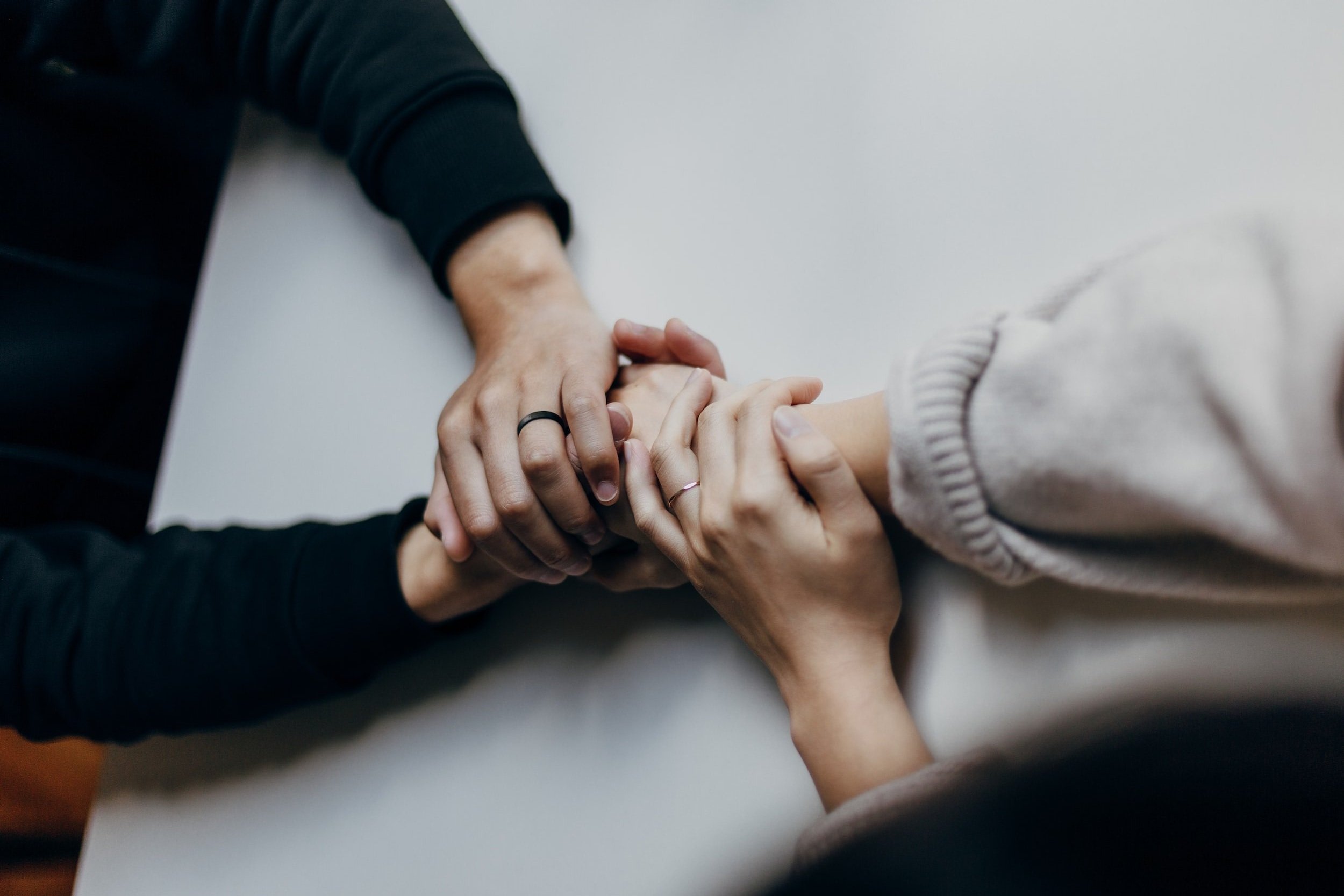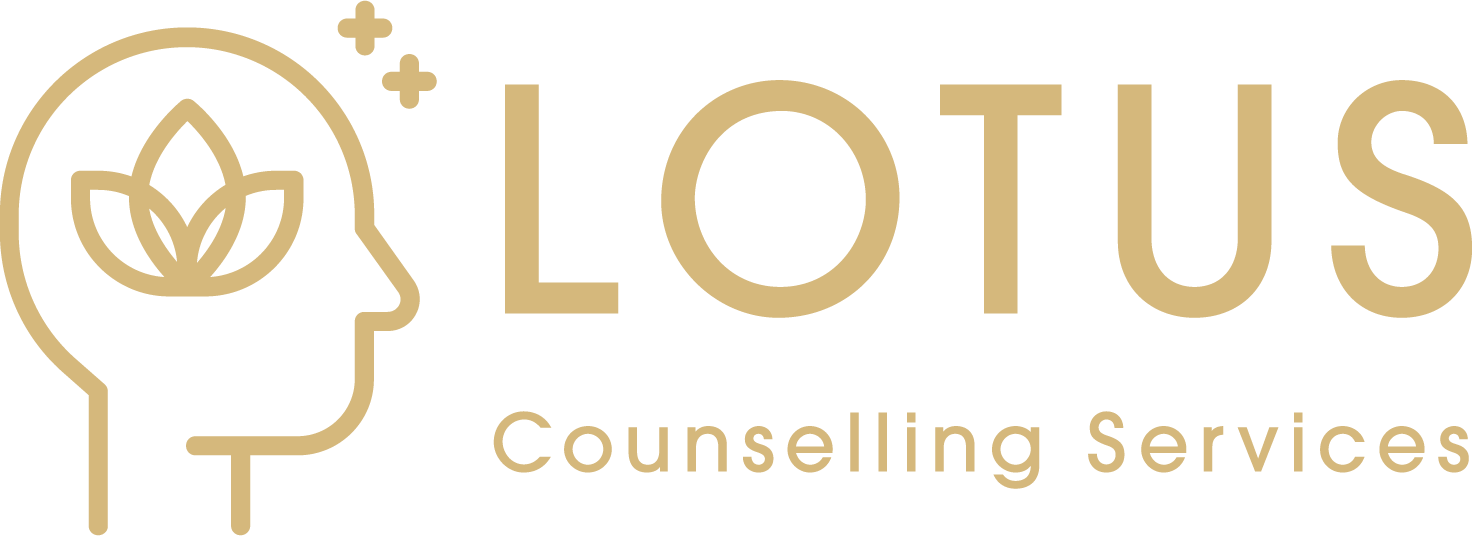
Couples Counselling
The core purpose of couples counselling is about establishing effective communication that enables a connection that works for both parties. In doing so couples are able to work towards reaching relationship goals and addressing those life challenges that can become a barrier to a healthy relationship.
Couples counselling is often associated with conflict resolution or a breakdown in the relationship, however this is a common myth. Although that is often a reasoning for seeking therapy, it is not the only reason why couples choose to attend. Some couples simply look for a space where they can feel safe talking about difficult topics, while others want to be heard. Couple counselling has limited boundaries, if it happens in the relationship then it can be brought to therapy.
Couples therapy can help you and your partner guide your relationship towards a deeper physical and emotional connection with one another. Common issues addressed in counselling are co-dependency, separation, infidelity, communication, intimacy/sex-life, relationship dynamics, connection, love, major life changes, finances, mental health, or trauma. Essentially anything that is happening to one or both individuals can be brought into couples counselling to help the relational elements that surround the experience.
Do both parties have to attend the sessions?
Yes, in order for couple counselling to be effective both parties need to be willing to participate in therapy. Individual goals for the relationship may be different at times, the hope is that therapy will guide the relationship where both parties' goals are understood and met.
How is conflict within a session managed?
Although therapy is a safe space to express feelings, thoughts and emotions, it is also a space to learn to do it in a respectful and effective way. It is about understanding the thoughts and events that drive those emotions, and developing an understanding of how it affects your partner and the relationship. A respectful manner of engaging with one another will be fostered with your therapist and physical or verbal abuse will not be tolerated in session.
Will the therapist take sides?
The therapist remains a neutral party at all times. The therapist does not provide advice. The therapist’s role is to provide perspective, mediation, and skills that will assist you in reaching your relationship goals.
Frequently Asked Questions
Will therapy help change my partner?
No, this is a myth. Individuals develop relationships and together form a relational dynamic between one another. Relationships are not meant to change one's individual self or conform to another person’s demand but rather find a relational middle ground. Individuals bring forth thoughts, feelings, perceptions, values, and beliefs to a relationship; it is about learning to embrace one another and have a better understanding of each other's characteristics.
When do most couples come to therapy?
Major life changes or transitions occur throughout the course of a relationship and add stress to individuals, which in turn can create stress on the relationship. In the beginning of a relationship couples often relate to each other's ‘sameness’ or things they have in common. Over time the relationship evolves and often calls upon the couple to navigate their differences, this can be another challenging period of time in a relationship.


















